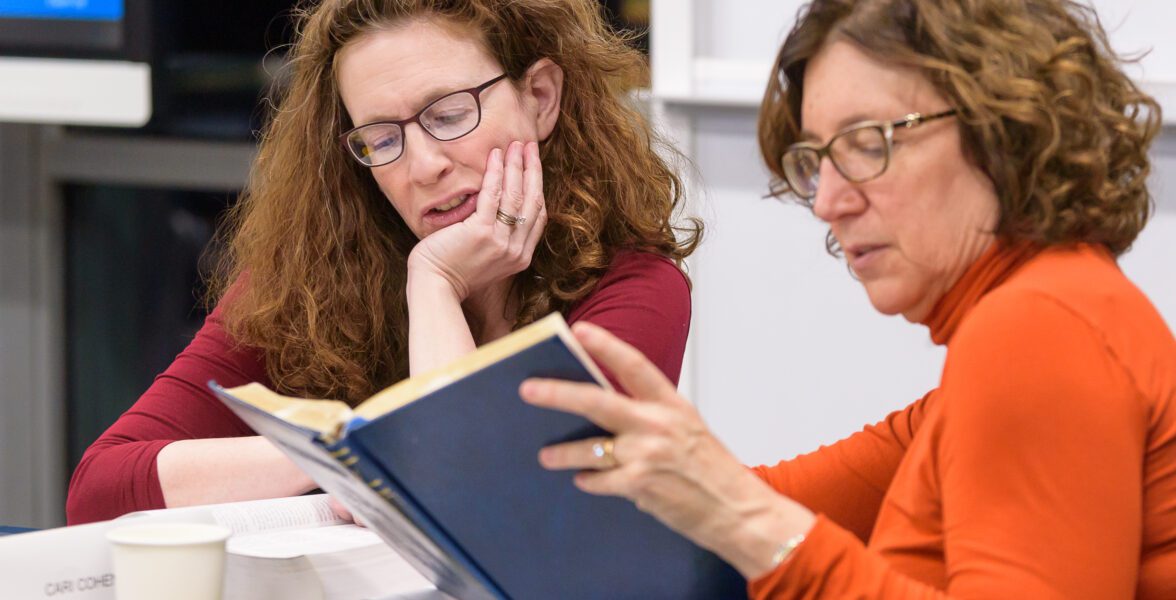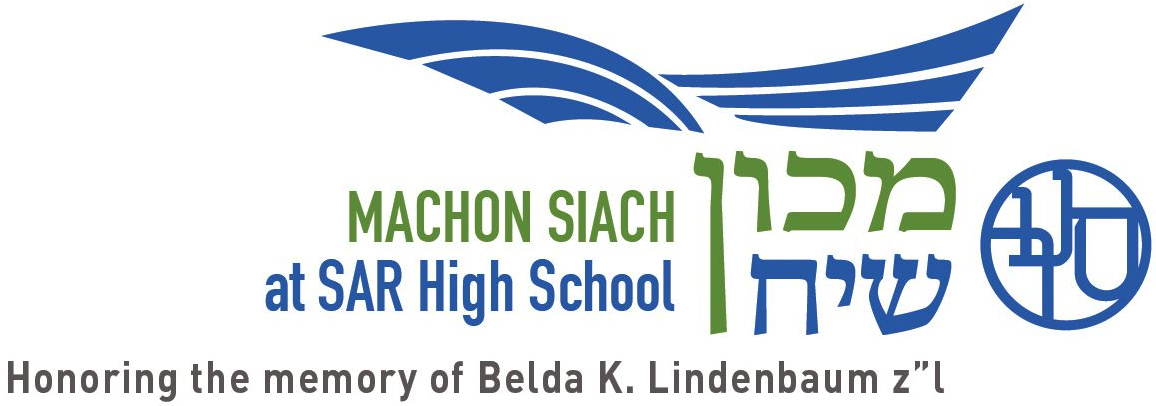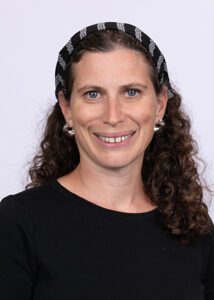
An Invitation to Access Torah
When we first designed Makom eight years ago, Machon Siach’s Torah learning initiative for SAR parents, I championed the idea that adults ought to have their own intellectual arena within which to encounter Torah. I wanted each adult learner to have his or her own space to think, discover, rethink, and connect to others. Even joining a class together with a spouse – as comforting as it might be – could hold learners back from an intellectual or religious journey they might need to take on their own.
At that early stage, I hesitated when parents expressed the desire to “learn like their kids” or to “gain the kind of experience that their kids were having.” When asked if I was building a program to mimic or mirror the student experience – by way of content or pedagogical style – I shied away from saying yes. Any overlap or resonance seemed incidental to the core learning experience itself: adult learners encountering Torah on their own terms, in community, using approaches and lenses that might be new for them.
Eight years later, I am humbled and astounded by how wrong I was. Not only do parents of current students and alumni continue to choose this experience as a way to feel close to their children, or to be let in on their kids’ learning experience, but I have come to see how overlapping layers of learners can create the communal vibrancy we seek.
Learning Torah is certainly not the only way to achieve a sustained and sustaining relationship with Jewish life and tradition, but it is a tried and true path, and one that I firmly believe in. Studying and teaching Torah throughout my life has gifted me with a continual mechanism for renewing my commitments, sharpening and refining my understanding of Torah and my relationship with God as I have changed, as the world has changed, and as my station in life has changed. It is the most effective way I know to “stay in the game.” As a professional Jew, someone who spends her days teaching Torah, I have had easy access to this renewing process. Part of what has motivated me to teach Torah to adults – and to invest significant resources into building Makom – is that I believe that more adults, and therefore more families, will benefit immensely from the opportunity to access Torah in a way that respects where they are in their lives, their questions and expertise, and their interests.
In the SAR Tanakh classroom, students are regularly asked: what do you think? First, they’ve learned a set of psukim, examined the grammatical structures, worked at accurate translations, and paid attention to ambiguities or gaps. They most certainly have explored the contributions of parshanut – ancient, medieval and modern – but they are also expected to think for themselves. What do they think the pasuk is getting at? What issues does it raise for them? What ideas do they have? How might they approach it? What are their assumptions?
When students are offered the chance to encounter Torah relatively unmediated; when they develop their own questions and observations about Torah, they are being given agency as readers, as thinkers, and as Jews. I dare say that this kind of agency is relatively new in the Torah classroom. But it is not limited to the stance we hope our students will cultivate towards deciphering psukim; it extends more broadly into their lives as Jews, who will sort and sift, ponder and examine, struggle and accept. The Tanakh classroom is a metonym, then, for their lives as Modern Orthodox Jews.
Our students are being raised in an environment where they are respected as learners, alongside our deep, complex tradition. It is not always seamless to teach in a classroom where students are expected to formulate their own opinions while learning what many others and (much more learned) commentators have said. We have our challenges, but we are strengthened by our mission to help kids see themselves as people who ought to have a stake in our formative stories, who are active sifters of ideas rather than passive recipients of tradition. I consider it a sign of success that our students take it for granted that there will be space for them to stretch out among the psukim and to find their voice within a dense chorus.
Adult learning programs like Makom bring parents into that kind of learning environment. Parents have chosen careers, schools, and communal lives that are modeled on a balance between autonomy and tradition, but they may not have grown up as Torah students in learning environments that asked them “what do you think?” As children or teenagers, they were not invited to explore how a given pasuk, perek or story impacts their understanding of, say, holiness, or chosenness, or ethical standards. They may not have negotiated ways to resolve conflicts between their own conscience and ideas they encounter in Torah. And to do so in a vibrant community – among other intelligent, respectful, curious learners – is the invitation that Makom extends.



